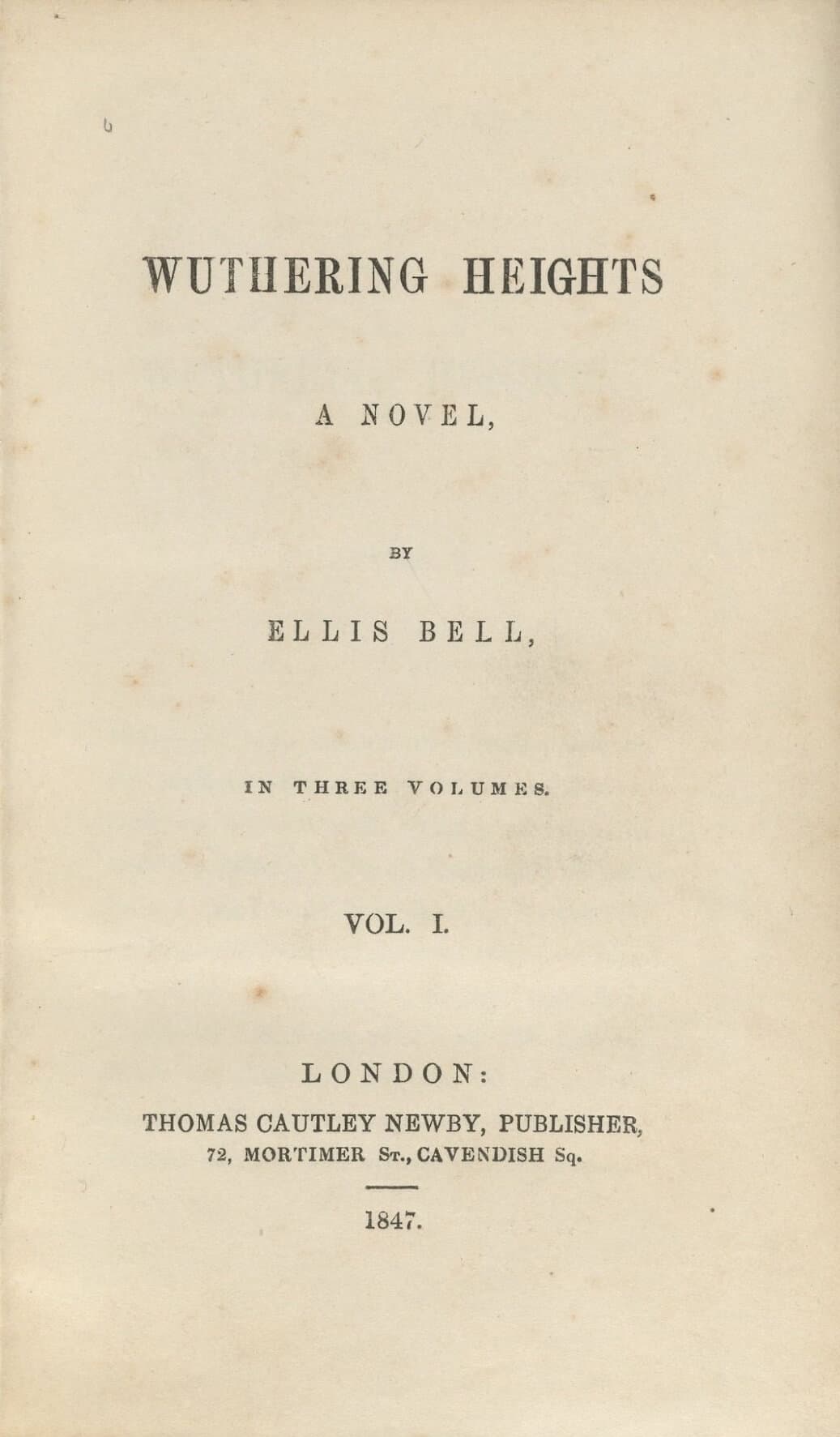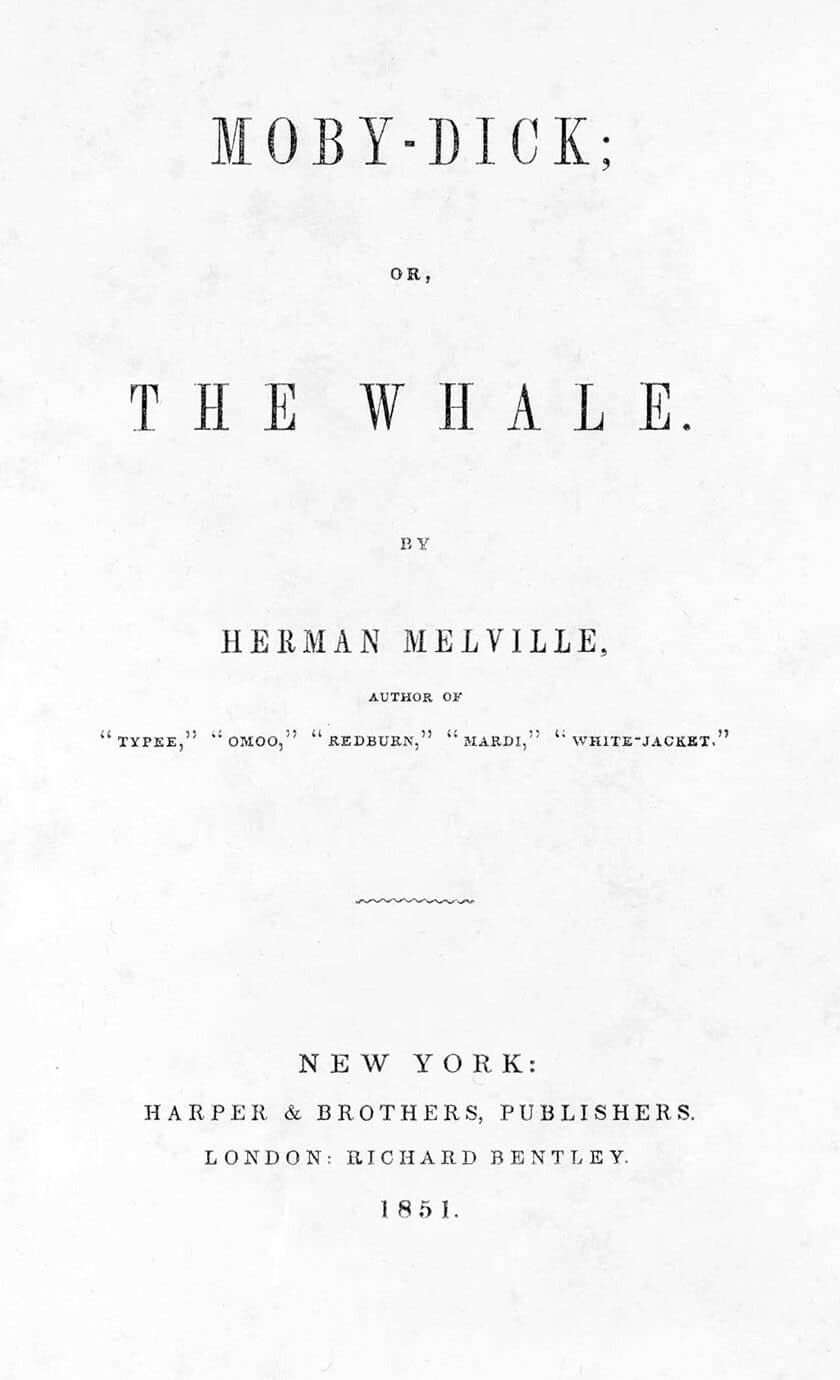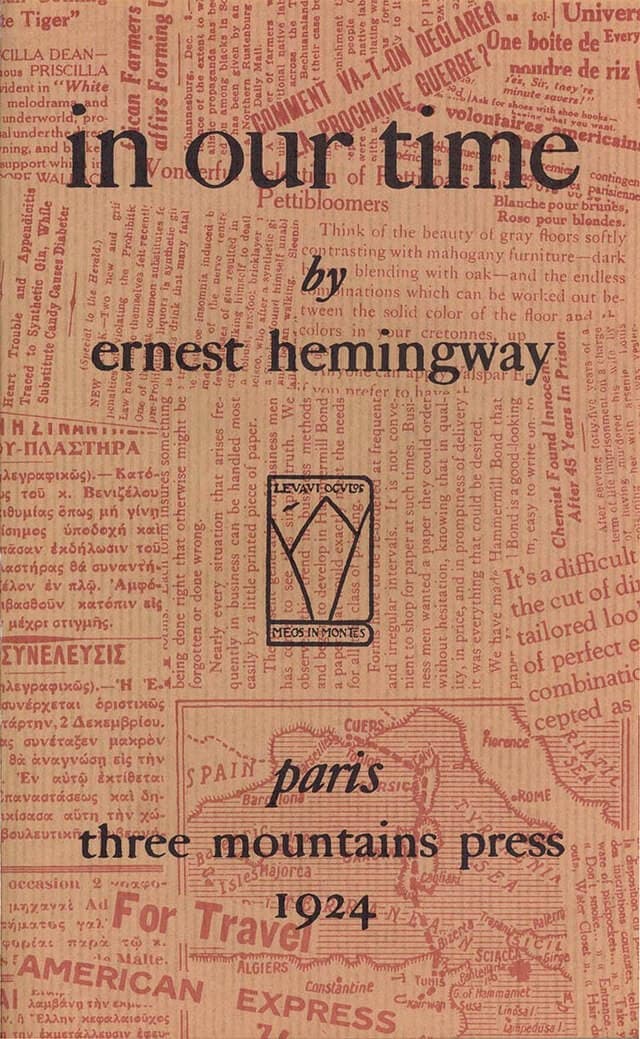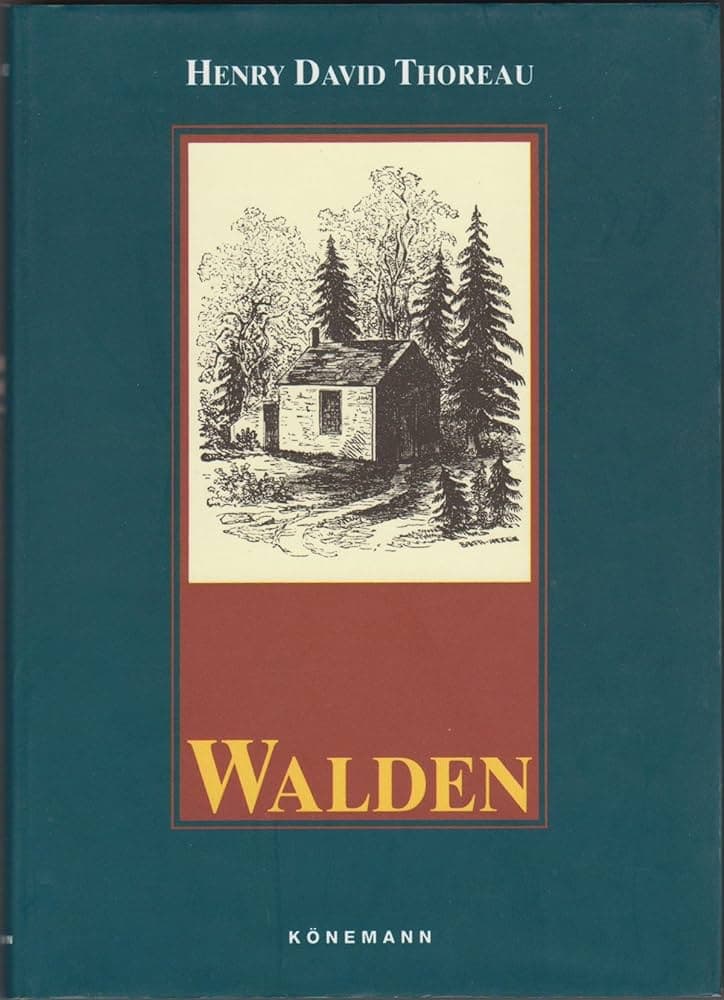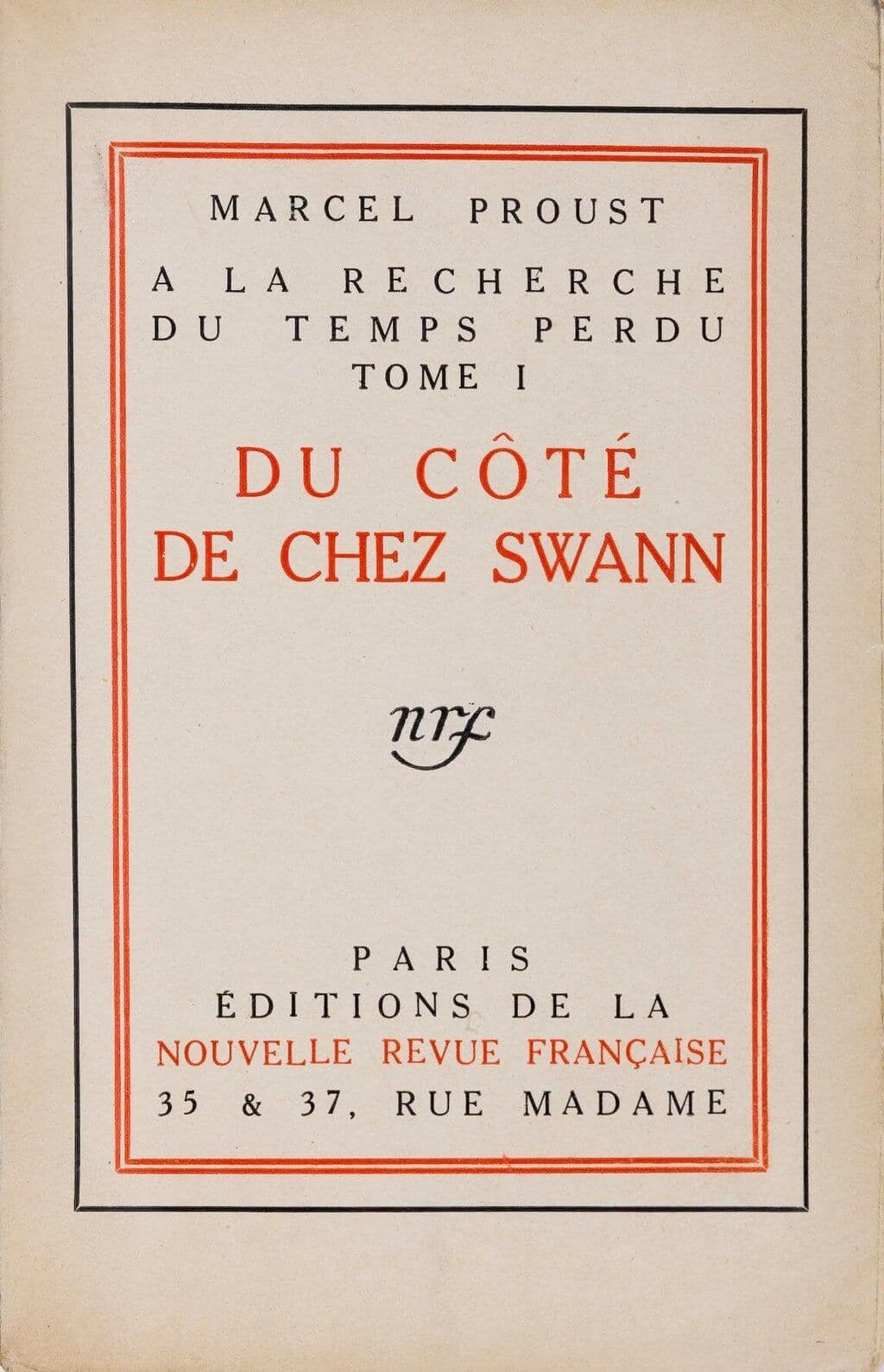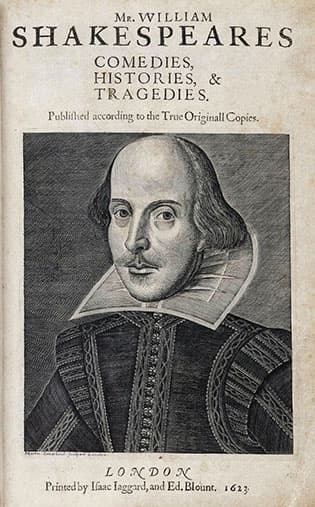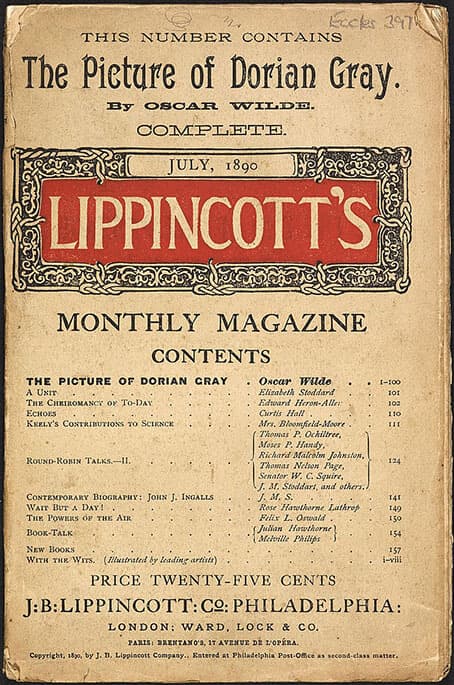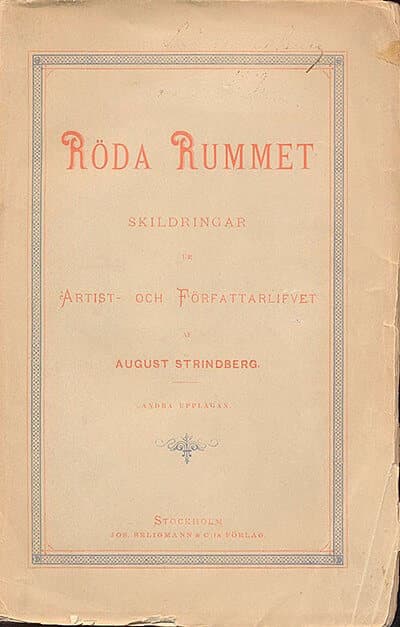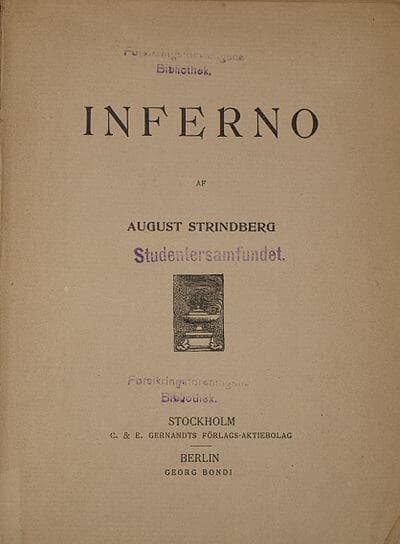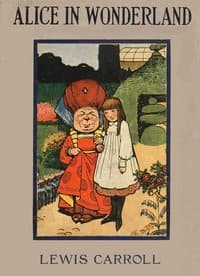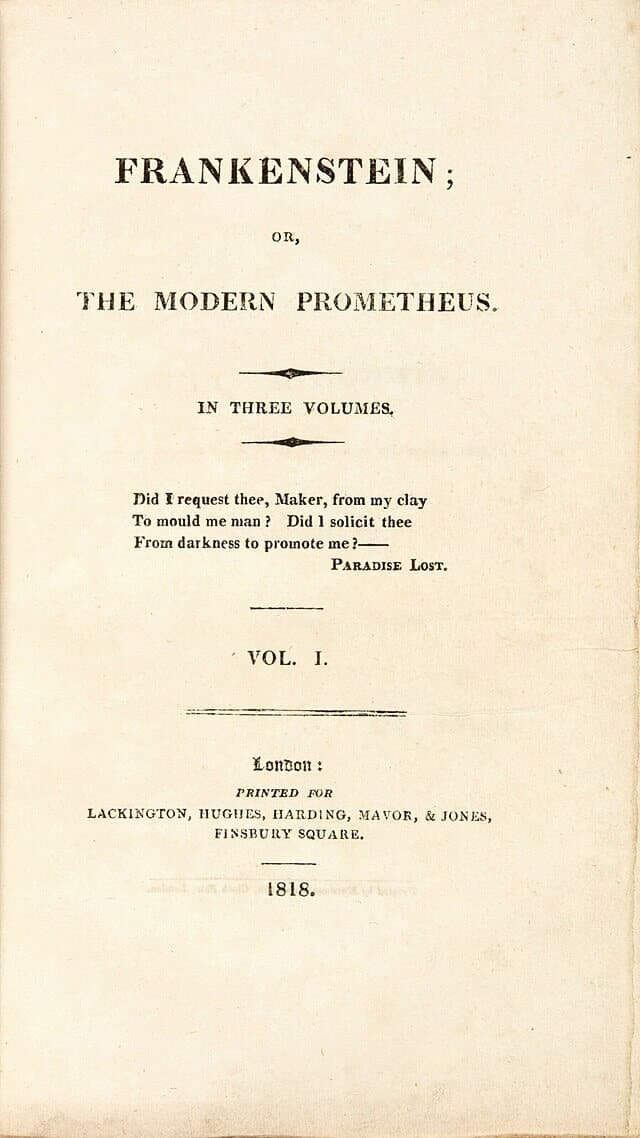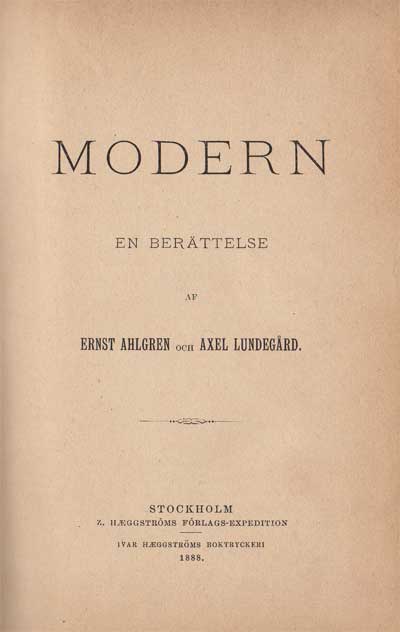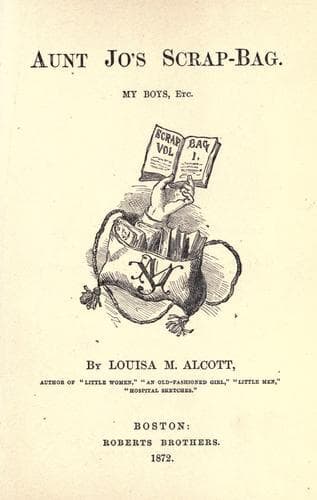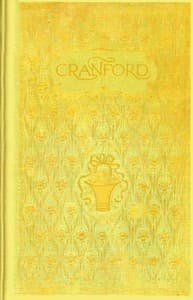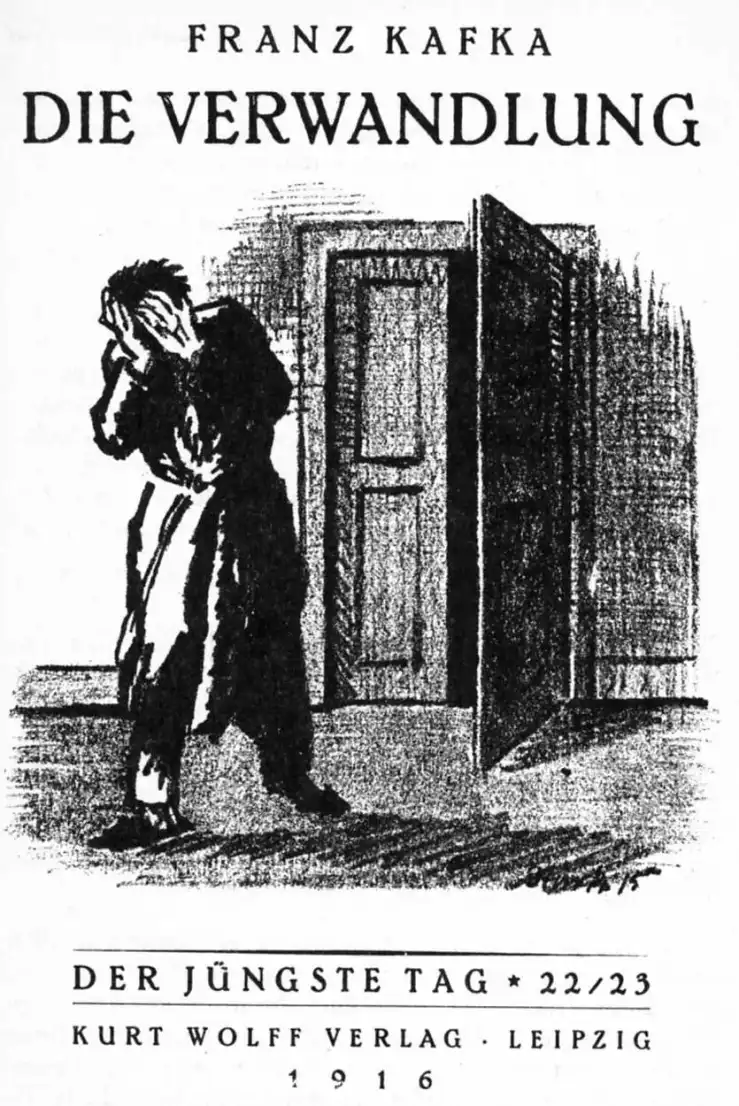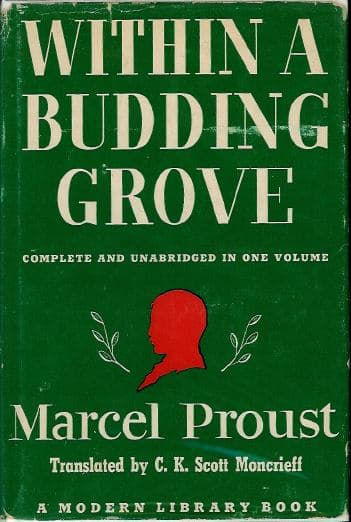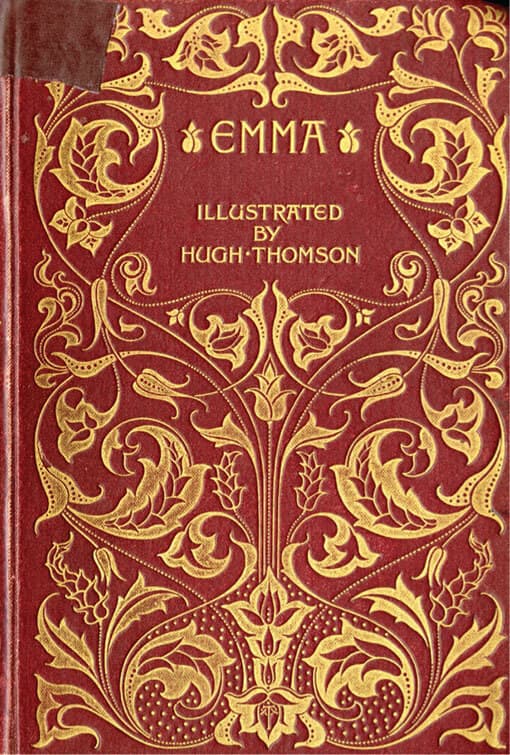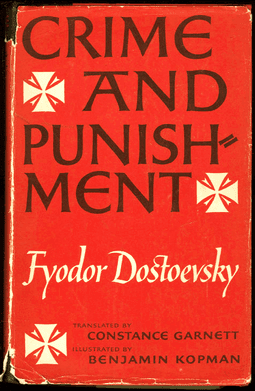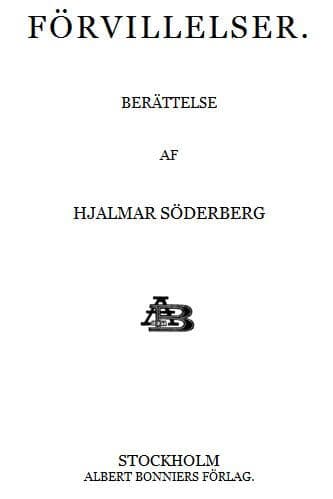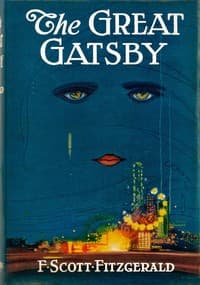Write as |
Practice your writing by typing out classic literature. This method not only enhances your understanding of rhythm, structure, and nuances but also connects you deeply with the timeless flow of literary history.
This is a BETA version.pistol shot in the street outside! “Dear, those motor cars,” said Miss Pym, going to the window to look, and coming back and smiling apologetically with her hands full of sweet peas, as if those motor cars, those tyres of motor cars, were all _her_ fault. * * * * * The violent explosion which made Mrs. Dalloway jump and Miss Pym go to the window and apologise came from a motor car which had drawn to the side of the pavement precisely opposite Mulberry’s shop window. Passers-by who, of course, stopped and stared, had just time to see a face of the very greatest importance against the dove-grey upholstery, before a male hand drew the blind and there was nothing to be seen except a square of dove grey. Yet rumours were at once in circulation from the middle of Bond Street to Oxford Street on one side, to Atkinson’s scent shop on the other, passing invisibly, inaudibly, like a cloud, swift, veil-like upon hills, falling indeed with something of a cloud’s sudden sobriety and stillness upon faces which a second before had been utterly disorderly.
Mrs. Dalloway
by Virginia WoolfMrs. Dalloway is a novel by Virginia Woolf, first published in 1925. It is a modernist novel that follows a day in the life of Clarissa Dalloway, a society hostess in post-World War I England. The novel explores themes of time, memory, and the human psyche.
Read more about Virginia WoolfOther classics
Your progress
Authors
Languages
Tags
Loading…
The method
Why Type a Masterpiece?
Typing out classical literature is not just an exercise in patience; it's a deeply immersive way to understand the rhythm, structure, and nuances of great writing. By manually reproducing the works of renowned authors, you engage with the text on a level that reading alone cannot offer. This method allows you to feel the flow of sentences, the choice of words, and the intricate construction of paragraphs that make these works timeless.
Style is a very simple matter; it is all rhythm. Once you get that, you can't use the wrong words.
— Virginia Woolf
Literati is a unique platform where writers can select from a vast collection of public domain classics to type out. This practice is akin to a musician playing pieces by the masters to internalize the elements of composition and performance. Just as the musician learns the subtleties of each note and chord, the writer learns the power of each word and sentence.
Prose is like hair; it shines with combing.
— Gustave Flaubert
Engaging directly with masterpieces allows writers to absorb the rhythm of the text, the ebb and flow of its pacing, and the beauty of its imagery. It cultivates an appreciation for the craft of writing and provides invaluable lessons in how to construct compelling narratives, develop characters, and evoke emotions in readers. Happy typing!
The only truth is music.
— Jack Kerouac
